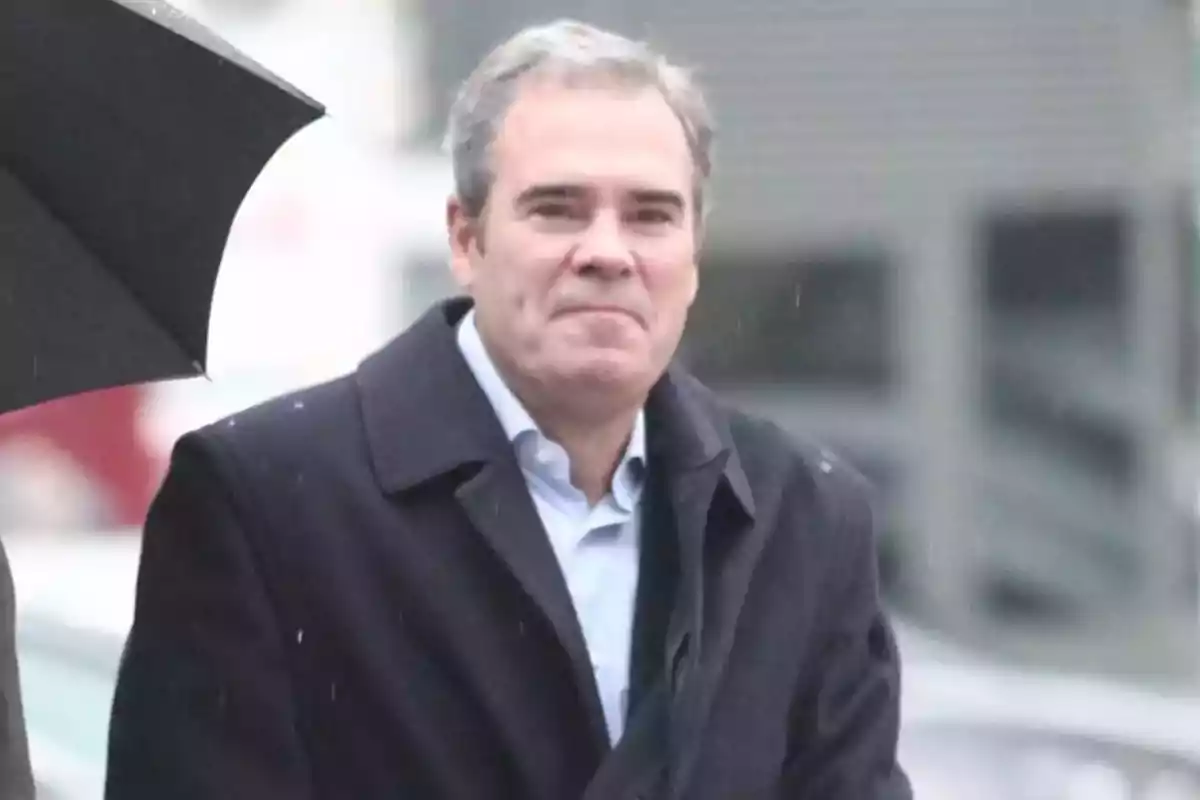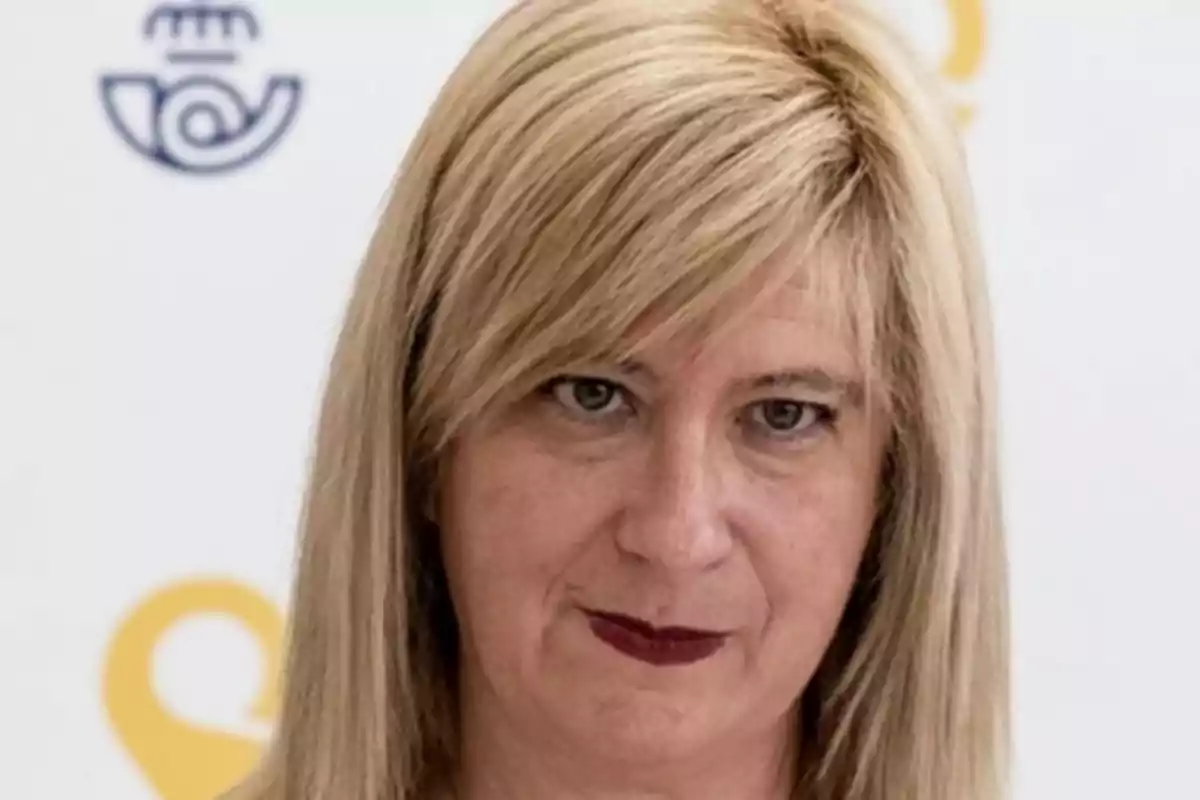
Pérez Dolset denies being a PSOE fixer and turns the sprinkler on the sewers
The businessman claims to be a victim of Mauricio Casals and admits his closeness to Sandro Rosell, Luis Pineda, or Julio Ariza
Javier Pérez Dolset, businessman and founder of Zed, categorically denied yesterday being a "PSOE fixer," as several digital media outlets with an editorial line opposed to the Government of Spain claimed after the publication of some audio recordings that would supposedly show he was involved in an investigation against the UCO of the Civil Guard (which could jeopardize the Executive).
On the contrary, the businessman explained in great detail this Friday on Cuatro's program "Todo es mentira" that he has spent years confronting what he considers a deeply "corrupt" State apparatus, of which he claims to have been a victim for more than a decade.
Pérez Dolset states that he is in a standoff with the deep structures of political and judicial power, pointing directly to figures such as former Interior Minister Jorge Fernández Díaz and businessman Mauricio Casals as responsible for his situation, of whom he considers himself a victim.
His fall from grace would have been motivated because, after his business split with Casals, Grupo Planeta demanded his head to support Operation Catalonia, which was a dirty war operation by the State against pro-independence leaders.
According to his account, Pérez Dolset was the target of a strategy that not only sought to discredit him but to destroy him both professionally and personally. This operation, which was initially deployed to combat Catalan separatism, would have been used as a pretext to set up a political and business espionage scheme that has implicated various public figures. In this context, he declares himself a victim of a network that includes elements of PSOE, PP, and the so-called "deep state," where judicial, economic, and media interests intersect.
Pérez Dolset admits to having collaborated for six years with Leire Díez, who is at the center of the storm due to audio recordings that show she sought "dirt" on the head of the UCO, according to some, to defend PSOE from several legal cases affecting people who are or have been relevant in the party's structure.
The businessman also revealed that he has not had any relationship for years with lawyer José Antonio Choclán, lawyer for Víctor de Aldama, because he prefers other types of legal profiles.
Victims of the System?
In his testimony, Pérez Dolset links his case to that of other well-known names, most of them conservatives and at odds with PP: Luis Pineda, Sandro Rosell, Ignacio González, and the former mayor of Estepona, Antonio Barrientos. According to him, all of them were spied on, accused, or neutralized in a coordinated manner within the same framework of institutional manipulation. He claims that, since 2008, he has been one of the most spied-on figures in Spain.
Dolset claims that his persecution was triggered when he refused to collaborate with certain business and media structures linked to Grupo Planeta and La Razón, controlled by Casals. For six years, he has been sharing and exchanging information with journalists, lawyers, and even former public officials who also consider themselves victims of the so-called "sewers of the State." According to his words, all these cases are related and follow a common pattern: to remove from the board any actor uncomfortable for the status quo.

The businessman insists that his only crime has been to trust the institutions and that precisely for this reason he feels a moral obligation to tell what he knows. Regarding the sewers of the State, he points out: "There were bad apples in the group, they all came together at the worst moment and that's where the problems came from. The internal control systems didn't work, and that allowed abuses," he declared in a conversation with Risto Mejide. He has also lashed out against the Internal Affairs Unit of the Police, which he considers "the weakest part of the force."
Pérez Dolset believes that his arrest, the freezing of his companies, and his subsequent indictment respond more to an institutional vendetta than to provable criminal acts. For this reason, he has launched a public campaign to expose what he calls the State's "selective destruction machinery." In his words: "I believe in the system. That's exactly why I'm speaking out. Because I know it can be changed, but only if what's underneath is exposed."
With the publication of new recordings, leaked conversations, and court documents, the story of Javier Pérez Dolset has become another piece of the puzzle of the Spanish State's sewers.
Crónica Libre Denies Any Relationship with Pérez Dolset
Some sources indicated that Javier Pérez Dolset contributed in 2022 to the creation of the digital outlet Crónica Libre, which is run by investigative journalist Patricia López, who already had a long track record covering political espionage and institutional corruption schemes, and was key in publishing a series of recordings by former commissioner José Manuel Villarejo that affected Casals's reputation.
López, however, has denied to this newspaper that Pérez Dolset had any business relationship with Crónica Libre. "I started a newspaper with ten friends." "We collaborate in the investigation of the sewers, nothing more," she adds. The journalist made her debut yesterday as a contributor to Diario Red, which is run by Pablo Iglesias, with the publication of an audio in which Agustín Marco, journalist for El Confidencial, states in a conversation with Pérez Dolset that prosecutor Grinda (protected by the State's law enforcement agencies despite his alleged sexual videos), about whom Leire Díez sought information, set a trap for the businessman himself.
Among the audio recordings released over the years by Crónica Libre are compromising conversations that directly affect Mauricio Casals, president of La Razón and one of Pérez Dolset's declared enemies, as well as journalist Antonio García Ferreras, a central figure in the Atresmedia group. These recordings would show, according to the aforementioned outlet, alleged practices of information manipulation and coordination between media and political sectors to control the public narrative.
Conflict
Javier Pérez Dolset, businessman and creator of Zed, has become the center of a conflict that has caused great turmoil in Spain's political and judicial spheres. Although certain media have linked him to PSOE, he has categorically denied such ties, claiming that he has been the target of a campaign led by a supposed "patriotic police."

Another prominent figure in this plot is Leire Díez, former socialist leader who has been collaborating with Pérez Dolset for 6 years. According to audio recordings released by the press, she would have tried to access sensitive data about members of the Civil Guard and prosecutor José Grinda, who is involved in the case against Pérez Dolset.
Some sources close to La Moncloa claim that Díez was acting as part of her work as a journalist, investigating possible abuses by the system. Her colleague Javier Pérez Dolset, founder of Zed WorldWide, has found himself embroiled in a complex web of legal and media conflicts that have had a major impact on Spain's business and political spheres.
Pérez Dolset's Legal Problems
Pérez Dolset has been dragging countless legal problems for years. In 2017, Pérez Dolset was arrested as part of the so-called Hanta operation, an investigation by the National Court that uncovered alleged fraud in the management of public subsidies. He is accused of diverting more than 67 million euros granted between 2011 and 2016 through companies linked to his group, such as Zed. The Anti-Corruption Prosecutor's Office charges him with offenses including fraudulent insolvency, disloyal administration, subsidy fraud, and influence peddling.
After his arrest on June 29, 2017, Pérez Dolset was released on bail after paying 60,000 euros a month later. Since then, the businessman has kept that his case is marked by irregularities and that his persecution is not only judicial, but also political and media-driven.
In parallel with the legal proceedings, Pérez Dolset has undertaken several legal actions, including a lawsuit against Grupo Planeta, accusing this conglomerate of having leaked false information to discredit him. The businessman claims that his case goes beyond the legal sphere and is a reflection of a broader confrontation with certain media and business sectors that seek to undermine his reputation and silence his complaints.
Mauricio Casals, president of La Razón and vice president of Atresmedia, is his main enemy. Pérez Dolset has accused the man known as the "Prince of Darkness" of pressuring him through media threats linked to outlets controlled by Grupo Planeta.
More posts: